Tag: HVAC college

Heating, ventilation, and air conditioning (HVAC) technicians specialize in keeping houses and the people that live in them warm in the winter and cool in the summer. Read these tips and tricks to make your customer’s home a firelit haven, sheltered from the icy elements outdoors.
Seal Any Gaps When You Become an HVAC Technician
One of the main causes of a cold house is gaps around the doors and windows that let hot air out and cool air in. When you become an HVAC technician, the first thing you should do when you get a new client is examine their home for any unsealed gaps.
They can use an acrylic-latex caulk to seal any gaps around the window frames or a spray foam that will expand into any unfilled crevices. This will also help clients to save on their energy bills, as they will need less energy to heat their homes.
If the house has a fireplace, the chimney pipe could be letting cold air in,too. When the fire is not lit,advise clients that they should close the damper. However, make sure they know to check that all embers have fully burnt out – otherwise, smoke could fill their home.

Reverse Any Fans
You might assume that fans are only useful in the hot, summer months when you need to cool down. However, fans can also keep a house warm. If you reverse the direction of the fan so it’s spinning clockwise, it will stop the hot air from rising, and push it back down to warm the room. This can be a very useful tip for many clients.
Look After The Furnace and Outdoor Unit
The majority of HVAC systems have an outdoor unit attached to the outside of the house. Even though this is built to withstand cold temperatures and heavy snow, it is still a good idea to shelter it in someway. You could build a small, temporary shelter out of wood, or use a plastic cover. This will protect the fan from freezing so that your house stays warm all winter.
At HVAC college, you may also learn the importance of checking the furnace filter. This can become dirty over time and needs to be regularly cleaned and replaced. A dirty furnace filter will not be as effective, and will mean that the house needs to use more power to generate heat.
Thermostat or Portable Heater? It Depends
Both thermostats and portable heaters have an important role to play during winter. To save energy, it’s recommended that clients program the thermostat so that it automatically turns down when they are asleep or at work. The recommended temperatures are 20 degrees Celsius in the mornings, evenings, and weekends when at home, and 10 degrees Celsius when at work, asleep, or out of the house.
If a client needs to heat up their house fast,you should advise them that turning the thermostat to max is not the answer. This will drain energy and could damage the thermostat. It also won’t be effective, because the thermostat is designed to maintain a constant temperature.
In these situations, it’s better to use a portable heater. These can generate a lot of heat from electricity in a short amount of time. However, clients need to be sure to switch them off when they are not in the room, so as not to create a health and safety risk.

Do you want to find out more about HVAC certification?
Contact North American Trade Schools today!
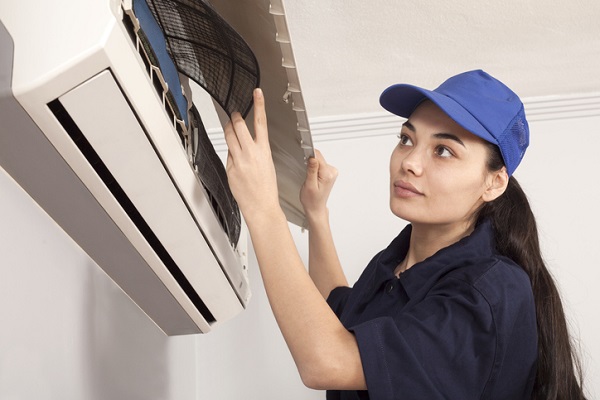
In HVAC training you will learn about fasteners, tools, codes and regulations as well as other knowledge and skills that are required for the job. However, one skill that you should not overlook is time management. If you’re looking to break into the HVAC industry, managing your time effectively can help you succeed.
Time management skills allow you to stay on track and are the best way to prepare for unexpected circumstances. Managing your time effectively also keeps you calm and reduces your stress, so that you are able to work in a focused, effective manner. Read on for more about why time management will matter in your career in the HVAC industry!
Your HVAC Career Will Be Full of Surprises
A major benefit of managing time effectively is that it helps you account for unexpected emergencies, calls and problems. In a job where you are servicing equipment and appliances, you may be called in for an issue and arrive only to discover that the problem is larger than you originally assumed it would be. This adds time to your task and delays the rest of your schedule.
If you’ve organized your day to allow for last-minute changes or service calls that run longer than expected, you’ve given yourself plenty of extra time so that you can still complete your day’s schedule. That way, if you find yourself in a situation where you need to pick up a part or change your strategy, you’ll have enough wiggle room to do so.
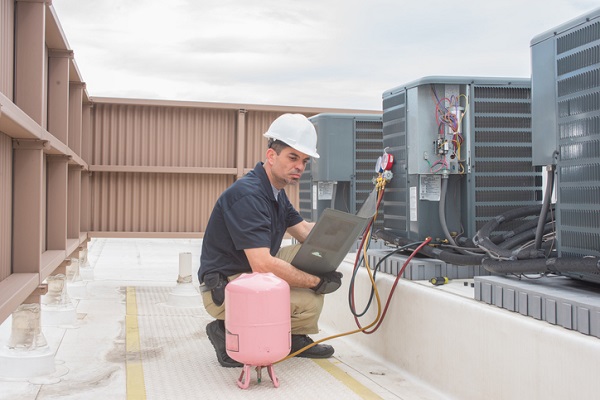
Time Management Helps You Save on Travel
When you are working in an HVAC career, throughout your day you may be required to travel to multiple locations that are quite dispersed. The more time you spend on the road, the less you can get done. This may cause your schedule to run behind or may not be an economical use of resources such as fuel. If you’re working with a team, failing to coordinate locations can cause unnecessary travel amongst employees.
Learning how to plan days in a way that makes sense for travel helps you manage your schedule. Establishing the most direct routes between locations is also helpful to save on time and costs, while ensuring that all of your goals for the day are accomplished.
Time Management Keeps Your Stress Levels Down After HVAC College
When tasks go unfinished or jobs are rushed, the quality of your work isn’t something you are likely to be proud of. This can cause your stress levels to rise and reduce your job satisfaction. After you have your HVAC diploma, you will want to show your skills and knowledge and perform to the best of your abilities. Making sure you have enough time and planning to finish what you’ve started helps you stay focused and healthy for a long and rewarding career. This also keeps you from constantly feeling time pressure or fearing that you won’t finish your work, which is another major stressor.
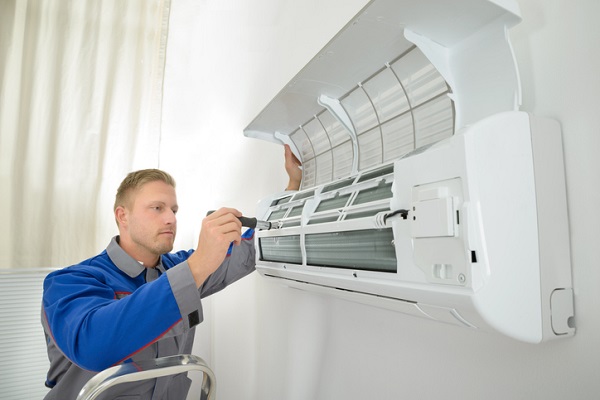
Scheduling extra blocks in your schedule allows you to thoroughly inspect situations and consider solutions, rather than applying quick fixes that won’t last as long. Not only will this help you stay focused and calm, it will make you a more successful professional because your work will be top-notch.
Are you interested in studying at HVAC college?
Contact North American Trade Schools to find out more!
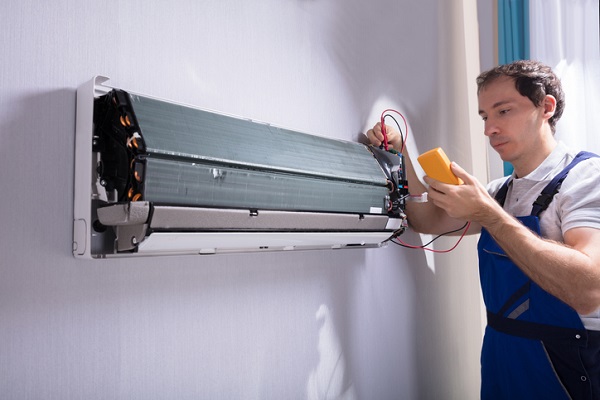
HVAC stands for heating, ventilation, and air conditioning, and as an HVAC technician you might be responsible for installing, maintaining, and repairing any of these systems. An HVAC diploma provides you with hands-on training in order to get you going in your career, no matter what type of system of you focus on.
One aspect of working as an HVAC technician is knowing how to use the right tools for the job. There are multiple instruments that you may encounter and utilize in your training or in your career, including testing devices.
Continue reading to discover a few of the testing devices frequently used by HVAC technicians.
1. An Infrared Thermometer Can Help You Spot Problems from a Distance
An infrared thermometer (IR) uses infrared technology to measure an object’s temperature from a distance. Sometimes called laser thermometers, IRs calculate the infrared emission of an object to determine its temperature. IRs may be used to quickly locate overheating circuits and equipment without requiring direct manual intervention. By adding an IR to your HVAC technician toolbelt, you can find and repair potentially hazardous components.
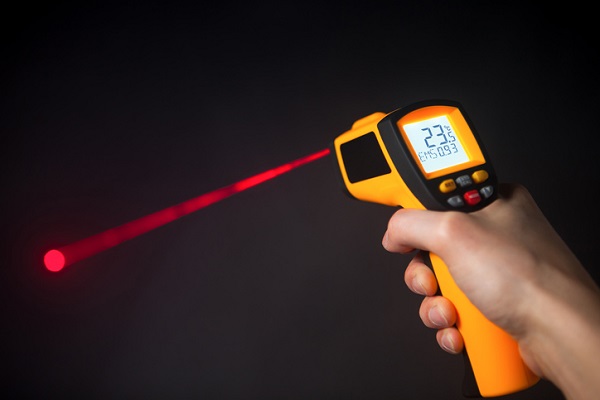
2. A Digital Multimeter Provides Important Information About Electrical Components
A digital multimeter (DMM) is a diagnostic tool employed by technicians working with electrical components, including by students developing their electricity-related knowledge at HVAC college. The primary purpose of a DMM is to measure electrical values—namely amps (current), volts (voltage), and ohms (resistance). The advantage of a DMM is that it combines the efficacy of multiple single-task meters into one comprehensive device. In one single reading, the user can receive information that would otherwise require three to four separate machines and three to four separate readings.
3. Leak Detectors Can Help You Detect Leaks When You Become an HVAC Technician
Leaks are a problem that HVAC technicians are often called upon to address. Such leaks may be caused by abrasive substances, physical damage, equipment malfunction or a variety of other factors. What is just as important as the problem itself is the ability to detect it. If a gas leak, for example, goes undetected for a prolonged period, it might become a health and safety hazard.
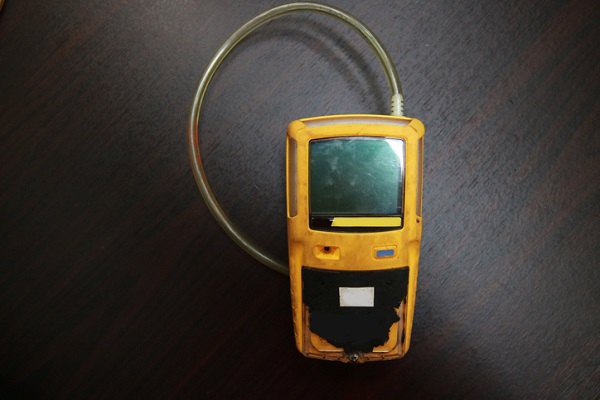
A leak detector helps you see what is otherwise invisible. If a system is utilizing compressed air to generate energy, for example, and that system is leaking, it might result in decreased productivity because energy will be lost. After your HVAC technician training, you may find yourself called upon to help detect and fix leaks and in those cases a leak detector will prove invaluable.
4. A Vacuum Gauge Is a Useful Tool to Have for Refrigeration Systems
A vacuum gauge is an instrument that measures the pressure in a vacuum. They are one of the most important tools used in refrigeration. As an HVAC technician, a vacuum gauge allows you to test the pressure of liquids and gases in cooling systems, which is essential when working with different refrigerants. Vacuum gauges are also necessary when servicing or replacing a refrigeration system as they provide you with important information about the system.
Do you want to become an HVAC technician?
Check out the North American Trade Schools to find out about our programs!
